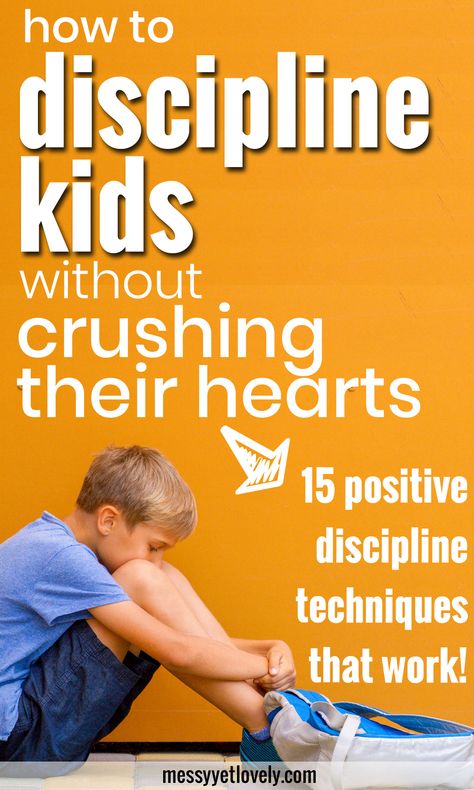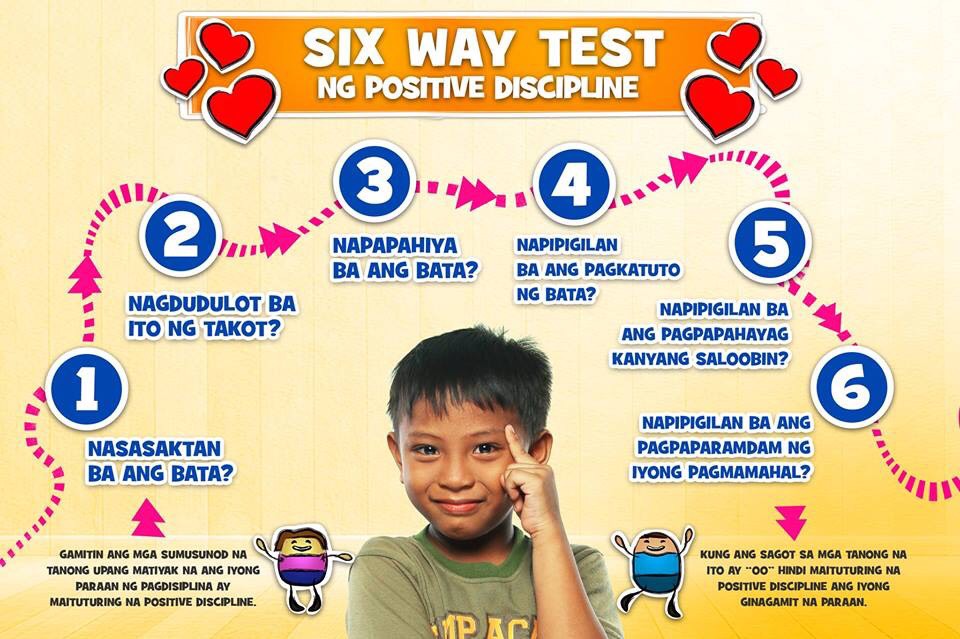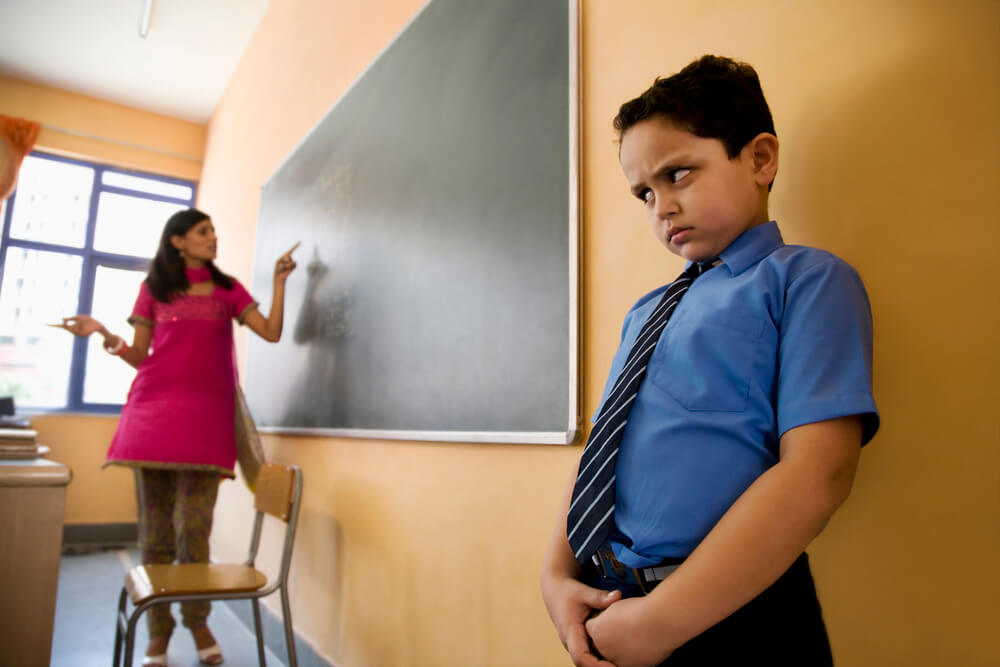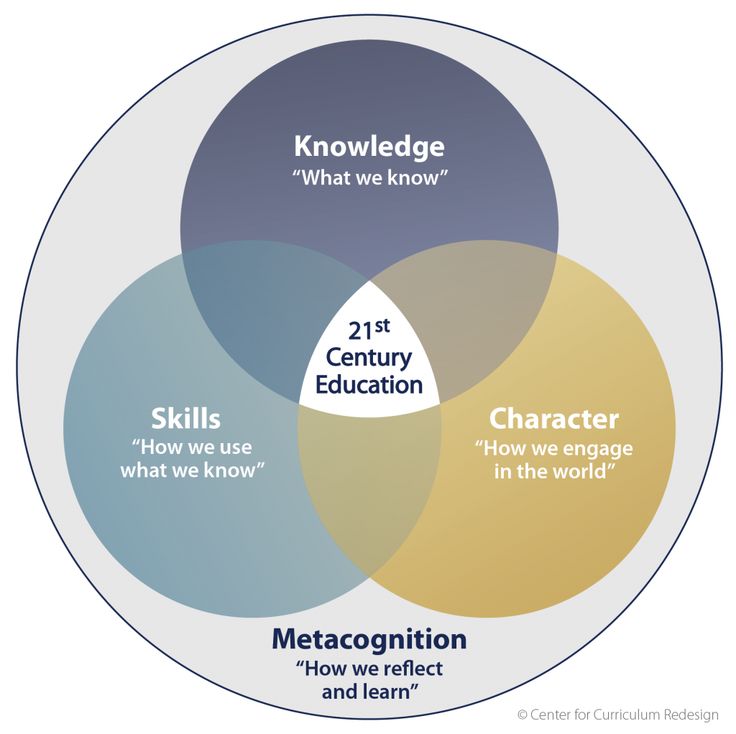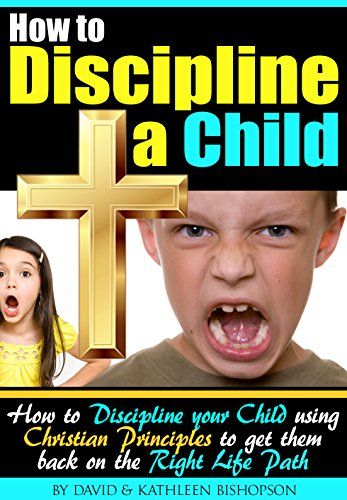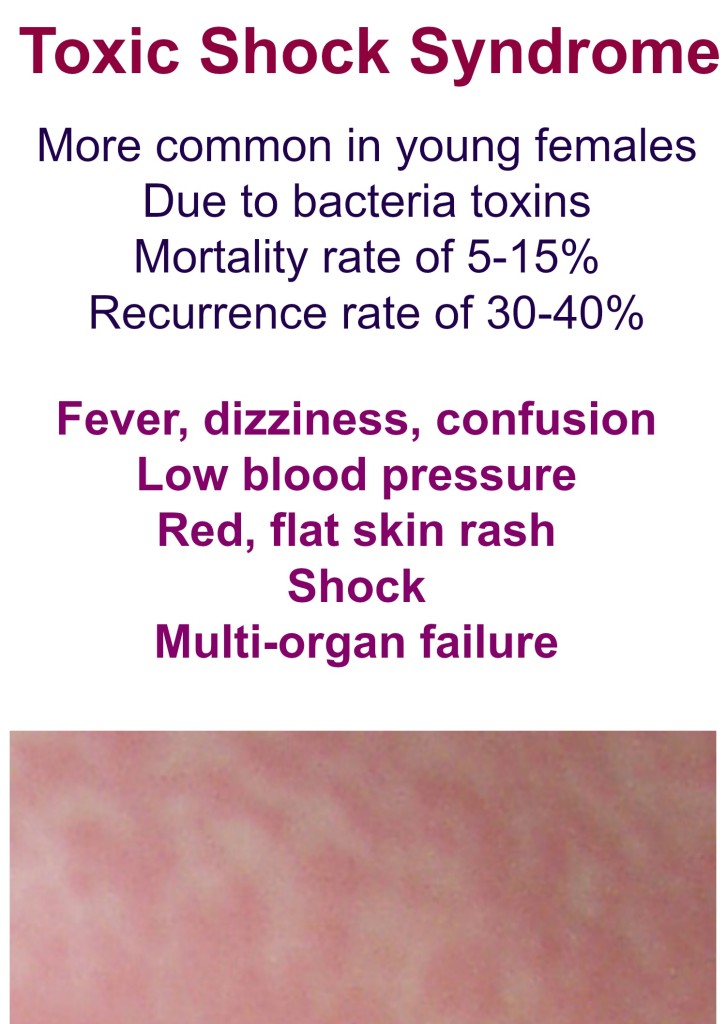How to discipline a child in school
How Do You Discipline a Child for Misbehaving in School?
Tanya J. Peterson
Determining how to discipline a child for misbehaving in school is something that most parents hope they never have to do. However, for kids, part of school involves learning how to behave in such a structured setting, how to get along well with others, and how to do the myriad of things that are expected of them every day. Considering this from a child’s perspective, adults just might realize how difficult it is to behave perfectly in every school situation. That doesn’t mean that you shouldn’t hold kids accountable for their misbehavior. To thrive, kids need to learn proper behavior. How you discipline your child for misbehaving in school influences their success.
How to Discipline a Child for Misbehaving at School: Start at the Source
Your child’s teacher reports that your son or daughter is getting into trouble and must be disciplined (appropriately, to discipline means to teach). It’s most effective when the discipline is centered on the place where behavior is a problem. You’ll reinforce actions at home, of course, but start the process at the school.
Develop a positive working relationship with your child’s teacher and other school personnel. Stopping a child’s misbehavior in school is most effective when the adults in their lives are on the same team working toward the good of the child.
To establish a good parent-teacher-school relationship, when the teacher first contacts you about your child, believe them. Listen fully and openly to their descriptions and reports about what’s happening with your child, and interact respectfully. Being defensive and argumentative makes the situation worse for everyone, including your child. This doesn’t mean, however, that you must accept everything the teacher says. If you have reason to believe the reports are inaccurate, have a calm, respectful talk with the teacher.
An excellent way to foster a positive relationship with the school is to be present. Volunteer in your child’s classroom or in other capacities in the school. Your presence shows your child you support them and that education is important to you. It shows the school, too, that you support their efforts to educate kids (including yours).
Volunteer in your child’s classroom or in other capacities in the school. Your presence shows your child you support them and that education is important to you. It shows the school, too, that you support their efforts to educate kids (including yours).
How Do You Discipline a Child for Misbehaving in School? Know Your Child
Understand your child deeply. You already know them at home, but kids are often different people at school. Having a positive working relationship with the teacher and volunteering in the classroom are very helpful in understanding your child’s school behavior.
Look beyond the misbehavior to uncover what fuels it:
- Does your child feel left out?
- Are they behind in their schoolwork and struggling to keep up?
- Are they under-challenged?
- When they act up at home, what’s the reason? Hunger? Exhaustion? Need for physical activity? These can provide clues to what drives school misbehavior and point to simple fixes.
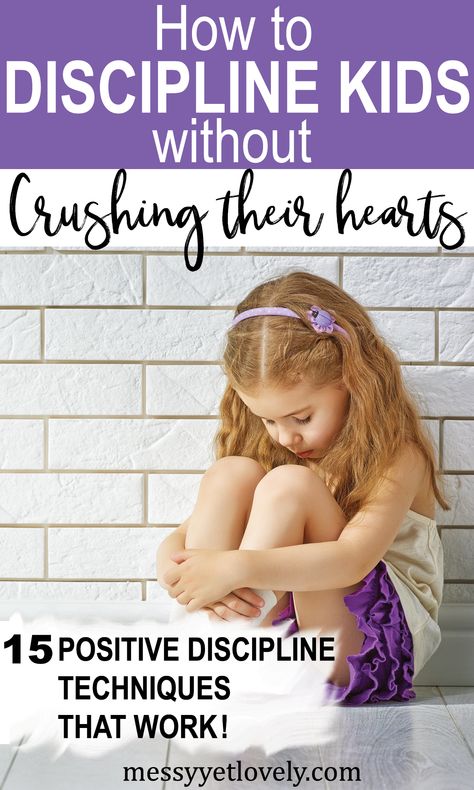
- What works to redirect your child?
- What doesn’t work but makes things worse?
If kids are struggling in any way at school, they are at risk of frustration, boredom, anxiety, and depression—any of which can cause behavior problems. Some detective work to discover what’s happening is an important part of how to discipline your child for misbehaving at school.
Once you’ve deepened your understanding of your child and the situation at school, you can create a plan to replace misbehavior with cooperative, productive behavior.
Disciplining a Child Who Misbehaves at School: Positive Action
A child’s behavior can’t improve without purposeful action from parents and school alike. A concerted effort works best. Be consistent and form a united front regarding behavior expectations for your child.
At home, uphold classroom rules, such as walking rather than running or using an inside voice. Provide incentives at home to reinforce good school behavior.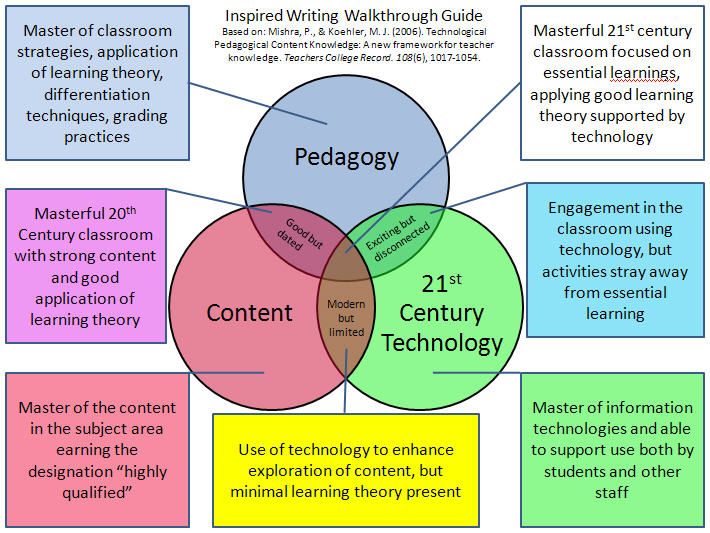 Focus on rewarding what your child is doing right, but do have logical consequences in place for misbehavior. You and your child’s teacher might decide that for breaking a given rule, your child will lose a privilege. Following through at home is a positive way to discipline a child for misbehaving at school.
Focus on rewarding what your child is doing right, but do have logical consequences in place for misbehavior. You and your child’s teacher might decide that for breaking a given rule, your child will lose a privilege. Following through at home is a positive way to discipline a child for misbehaving at school.
Other tips for helping your child behave better at school include:
- Listen fully to your child to hear their whole story without judging.
- Keep your emotions out of it. Remain calm and connected to your child and the school, and work together to move forward.
- Provide emotional support for your child.
- At home, brainstorm good choices and practice acting them out.
- Avoid punishing as it reinforces negative emotions and behaviors.
It’s anxiety-provoking to received calls from the school informing you that your child is in trouble. Knowing how you discipline a child for misbehaving in school can reduce your parental worries as it increases your child’s positive behavior.
See Also:
- What Are Child Behavior Problems?
- What Behavior Modification Techniques Might Help My Child?
- Do You Really Know How to Discipline Your Child?
article references
APA Reference
Peterson, T. (2022, January 11). How Do You Discipline a Child for Misbehaving in School?, HealthyPlace. Retrieved on 2022, December 9 from https://www.healthyplace.com/parenting/discipline/how-do-you-discipline-a-child-for-misbehaving-in-school
Last Updated: January 16, 2022
Medically reviewed by Harry Croft, MD
More Info
Suicide and Teenagers
How to Discuss Drinking With Your Child (ages 5 - 8)
Childhood Sports Phobia, Fear of Playing Sports
What Is a Language-Based Learning Disability?
Help Your Son Deal with Mean Boys
Child Development Institute Sitemap
Children with Disabilities are Marginalized in Society
What’s the Best Way to Discipline My Child?
Log in | Register
Family Life
Family Life
Listen
Español
Text Size
As a parent, one of your jobs to teach your child to behave.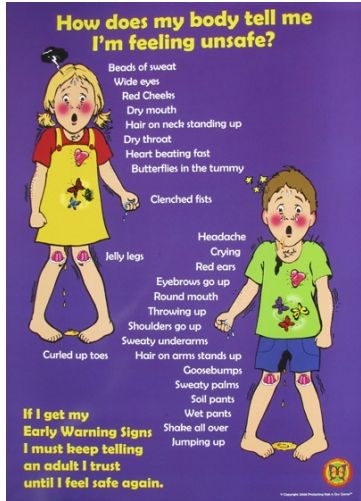 It's a job that takes time and patience. But, it helps to learn the effective and healthy discipline strategies.
It's a job that takes time and patience. But, it helps to learn the effective and healthy discipline strategies.
Here are some tips from the American Academy of Pediatrics (AAP) on the best ways to help your child learn acceptable behavior as they grow.
10 healthy discipline strategies that work
The AAP recommends positive discipline strategies that effectively teach children to manage their behavior and keep them from harm while promoting healthy development. These include:
Show and tell. Teach children right from wrong with calm words and actions. Model behaviors you would like to see in your children.
Set limits. Have clear and consistent rules your children can follow. Be sure to explain these rules in age-appropriate terms they can understand.
Give consequences. Calmly and firmly explain the consequences if they don't behave.
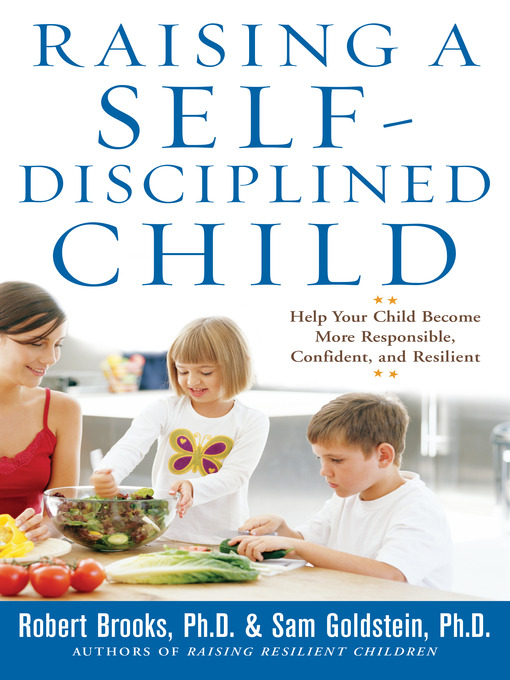 For example, tell her that if she does not pick up her toys, you will put them away for the rest of the day. Be prepared to follow through right away. Don't give in by giving them back after a few minutes. But remember, never take away something your child truly needs, such as a meal.
For example, tell her that if she does not pick up her toys, you will put them away for the rest of the day. Be prepared to follow through right away. Don't give in by giving them back after a few minutes. But remember, never take away something your child truly needs, such as a meal.Hear them out. Listening is important. Let your child finish the story before helping solve the problem. Watch for times when misbehavior has a pattern, like if your child is feeling jealous. Talk with your child about this rather than just giving consequences.
Give them your attention. The most powerful tool for effective discipline is attention—to reinforce good behaviors and discourage others. Remember, all children want their parent's attention.
Catch them being good. Children need to know when they do something bad--and when they do something good. Notice good behavior and point it out, praising success and good tries.
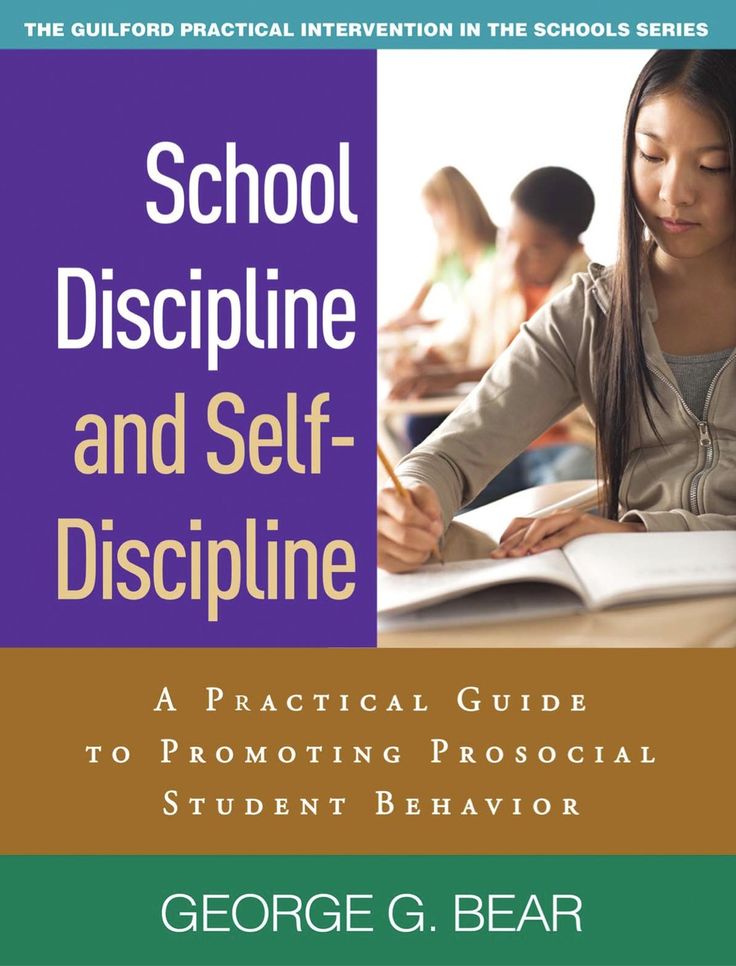 Be specific (for example,
"Wow, you did a good job putting that toy away!").
Be specific (for example,
"Wow, you did a good job putting that toy away!"). Know when not to respond. As long as your child isn't doing something dangerous and gets plenty of attention for good behavior, ignoring bad behavior can be an effective way of stopping it. Ignoring bad behavior can also teach children natural consequences of their actions. For example, if your child keeps dropping her cookies on purpose, she will soon have no more cookies left to eat. If she throws and breaks her toy, she will not be able to play with it. It will not be long before she learns not to drop her cookies and to play carefully with her toys.
Be prepared for trouble. Plan ahead for situations when your child might have trouble behaving. Prepare them for upcoming activities and how you want them to behave.
Redirect bad behavior. Sometimes children misbehave because they are bored or don't know any better.
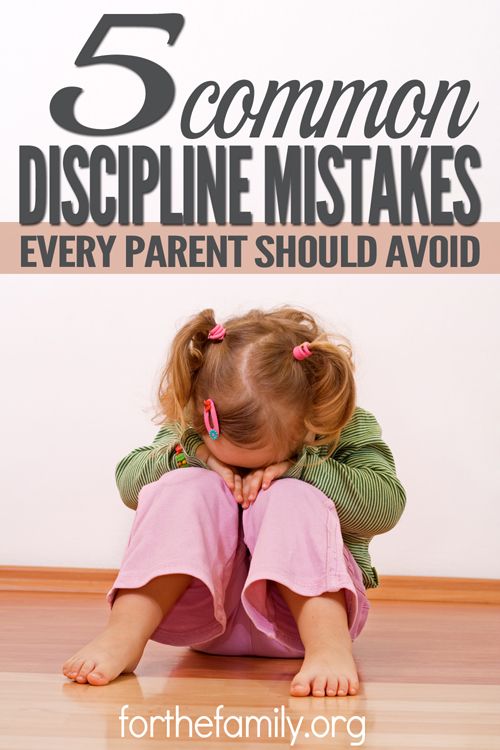 Find something else for your child to do.
Find something else for your child to do.Call a time-out. A time-out can be especially useful when a specific rule is broken. This discipline tool works best by warning children they will get a time out if they don't stop, reminding them what they did wrong in as few words―and with as little emotion―as possible, and removing them from the situation for a pre-set length of time (1 minute per year of age is a good rule of thumb). With children who are at least 3 years old, you can try letting their children lead their own time-out instead of setting a timer. You can just say, "Go to time out and come back when you feel ready and in control." This strategy, which can help the child learn and practice self-management skills, also works well for older children and teens.
Spanking and harsh words are harmful and don't work. Here's why:
The AAP policy statement, "Effective Discipline to Raise Healthy Children," highlights why it's important to focus on teaching good behavior rather than punishing bad behavior. Research shows that spanking, slapping and other forms of physical punishment don't work well to correct a child's behavior. The same holds true for yelling at or shaming a child. Beyond being ineffective, harsh physical and verbal punishments can also damage a child's long-term physical and mental health.
Research shows that spanking, slapping and other forms of physical punishment don't work well to correct a child's behavior. The same holds true for yelling at or shaming a child. Beyond being ineffective, harsh physical and verbal punishments can also damage a child's long-term physical and mental health.
- Spanking's unhealthy cycle. The AAP advises that parents and caregivers should not spank or hit children. Instead of teaching responsibility and self-control, spanking often increases aggression and anger in children. A
study of children born in 20 large U.S. cities found that families who used physical punishment got caught in a negative cycle: the more children were spanked, the more they later misbehaved, which prompted more spankings in response. Spanking's effects may also be felt beyond the parent-child relationship. Because it teaches that causing someone pain is OK if you're frustrated—even with those you love. Children who are spanked may be more likely to hit others when they don't get what they want.

- Lasting marks. Physical punishment increases the risk of injury, especially in children under 18 months of age, and may leave other measurable marks on the brain and body. Children who are spanked show higher levels of hormones tied to toxic stress. Physical punishment may also affect brain development. One study found that young adults who were spanked repeatedly had less gray matter, the part of the brain involved with self-control, and performed lower on IQ tests as young adults than the control group.
- Verbal abuse: How words hurt. Yelling at children and using words to cause emotional pain or shame also has been found to be ineffective and harmful. Harsh verbal discipline, even by parents who are otherwise warm and loving, can lead to more misbehavior and mental health problems in children.
Research shows that harsh verbal discipline, which becomes more common as children get older, may lead to more behavior problems and symptoms of depression in teens.
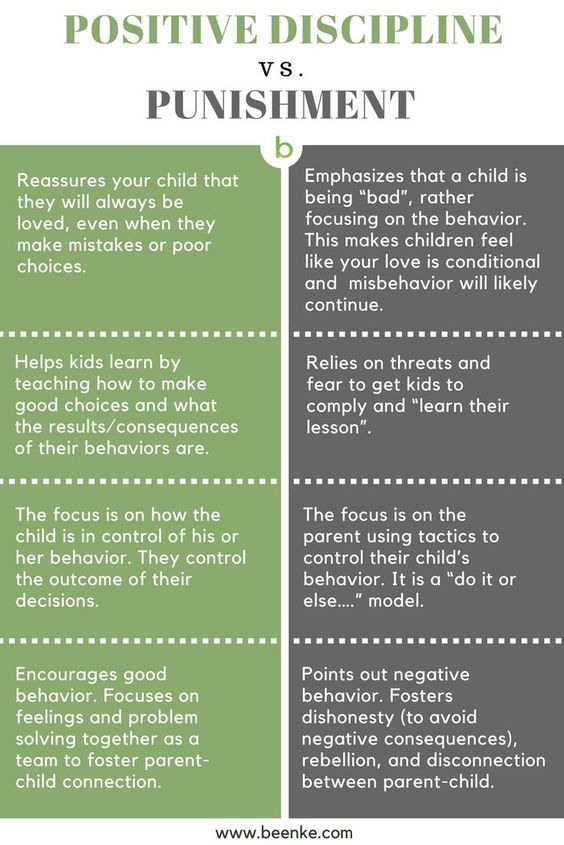
Learn from mistakes—including your own
Remember that, as a parent, you can give yourself a time out if you feel out of control. Just make sure your child is in a safe place, and then give yourself a few minutes to take a few deep breaths, relax or call a friend. When you are feeling better, go back to your child, hug each other, and start over.
If you do not handle a situation well the first time, try not to worry about it. Think about what you could have done differently and try to do it the next time. If you feel you have made a real mistake in the heat of the moment, wait to cool down, apologize to your child, and explain how you will handle the situation in the future. Be sure to keep your promise. This gives your child a good model of how to recover from mistakes.
Healthy & effective discipline tips by age/stage
Infants |
|
|---|---|
Toddlers |
|
Preschool Age |
|
Gradeschool-Age Children |
|
Adolescents & Teens |
|
More information
- 15 Tips to Survive the Terrible 3's
- How to Shape and Manage Your Young Child's Behavior
- Disciplining Older Children
- How to Give a Time-Out
- Effective Discipline to Raise Healthy Children (AAP Policy Statement)
- Last Updated
- 11/5/2018
- Source
- American Academy of Pediatrics (Copyright © 2018)
The information contained on this Web site should not be used as a substitute for the medical care and advice of your pediatrician.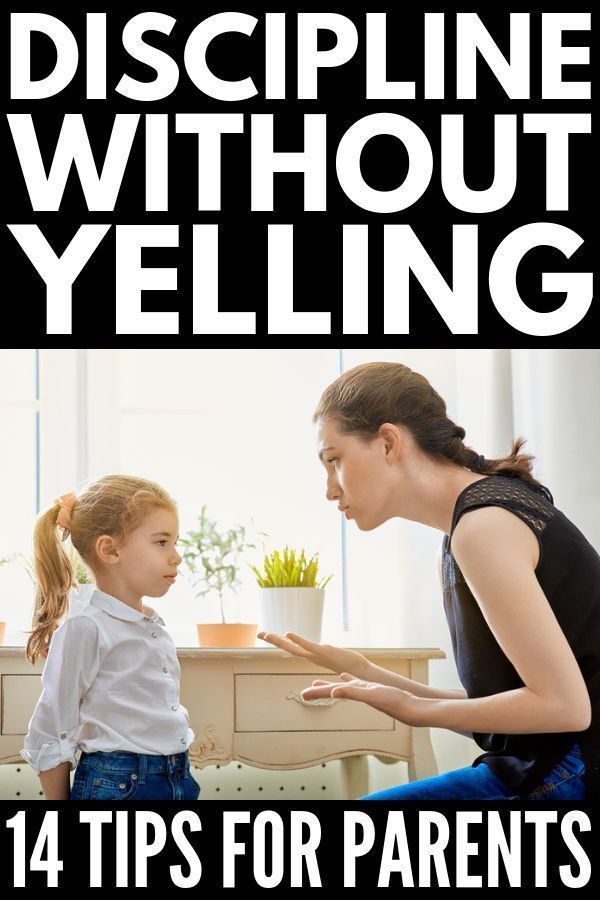 There may be variations in treatment that your pediatrician may recommend based on individual facts and circumstances.
There may be variations in treatment that your pediatrician may recommend based on individual facts and circumstances.
For parents. Principles and rules of punishment
Home / Outside of studies / Psychological service / For parents. Principles and rules of punishment
- Parents must determine for themselves what they want and what they do not want to see in their child's behavior. And he, in turn, must also know what is acceptable in his actions and what is not. Only under this condition will the punishment be perceived as fair. There should not be too many rules, and they should be clear to your child. Then they will be easy to follow.
- The child must understand why he is punished. First, talk to him, recall the rules that were established and which he violated, tell what his actions and deeds led to punishment, and be sure to listen to his explanations. If at this moment he is in a state of anger, irritation, for example, when he had a fight with someone, was very offended by someone and shows aggression, stop him, try to keep him, do not let him act.
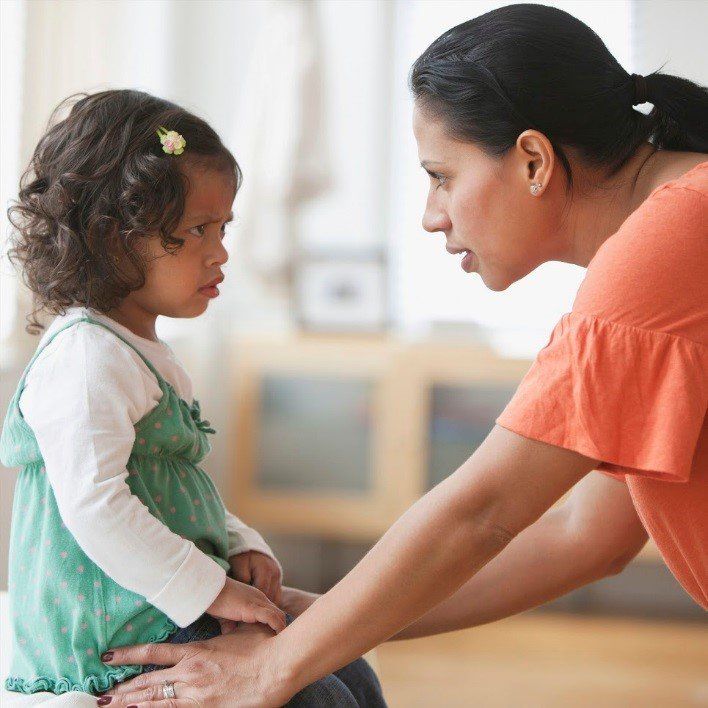 Only when he calms down a bit, you can talk to him.
Only when he calms down a bit, you can talk to him. - You must not humiliate a child, use negative epithets and insults: “You will never make a normal person”, “Your hands do not grow from there”, “You are the same as your father”, “Why did I give birth to you”, etc. . It is necessary to evaluate not the personality of the child, but only his offense. After all, there is a fairly constructive and effective way of expressing your dissatisfaction, while telling what emotional response they evoked in you, this is called “I-statement”: “Today it hurts me a lot because you offended my grandmother”, “I am upset with your behavior in a technical school, and I was very ashamed to hear from the teachers about you and your behavior.
- And in general, try to talk with your children as often as possible, at every opportunity, place emphasis on what is happening, discuss daily events, his actions.
- When punishing a child, do not shout, do not get angry: you cannot punish when you are in a fit of anger, annoyed when the child has fallen "under a hot hand.
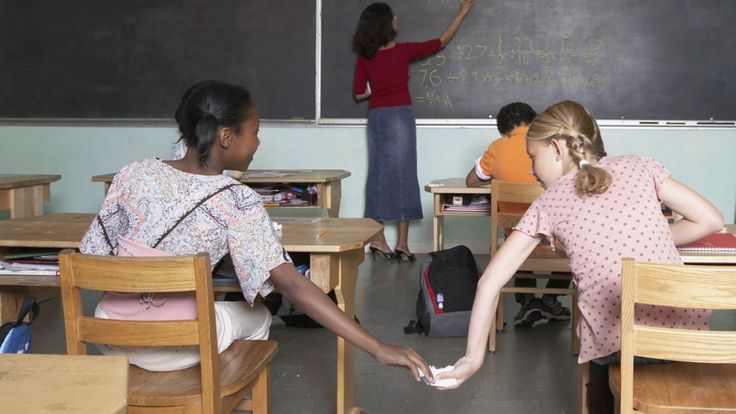 " It is better to cool down yourself, calm down and only then punish the child.
" It is better to cool down yourself, calm down and only then punish the child. - The defiant, demonstrative behavior of the child, obvious disobedience must be answered confidently and decisively. You need to be ready for this and firmly make demands that would limit such behavior. This should not be ignored. He must realize that this is unacceptable.
- In the family there must be a unity of views on the process of raising and punishing a child. All adults should have the same requirements for the child. If something is impossible, then it really is impossible. And if one parent forbids something and punishes for it, and the other allows it, then very quickly he learns to manipulate adults.
- We need your consistency in actions, and not the banal punishment of the child from case to case. It is impossible to punish today for some kind of misconduct, and tomorrow, when mom will have no time, do not pay attention to the same thing. If so, over time, your prohibitions will not be taken seriously.
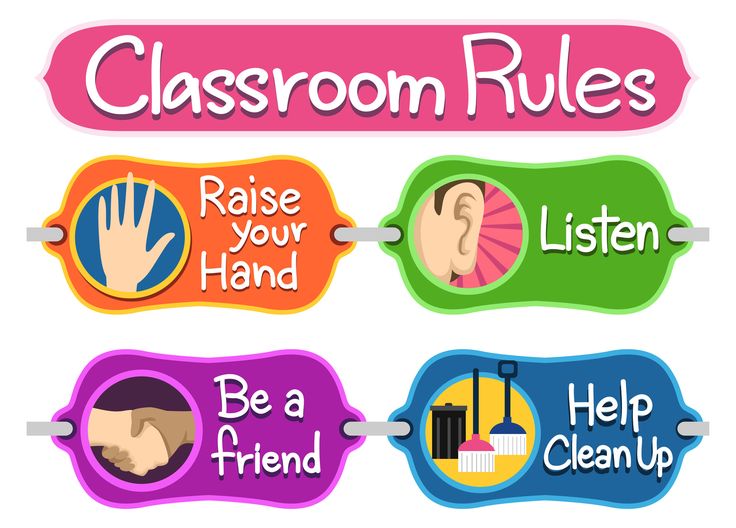
- No need to punish a child twice for the same offense. When punishing children, do not remember past misconduct, remember that you are punishing for a specific act that was committed right now.
- With any punishment, the child must not be deprived of the satisfaction of his physiological and biological needs (for example, to deprive him of sleep, food).
- Some parents, when punishing their child for some misdeeds, use as a punishment a reinforced “outfit” in the kitchen, additional classes in some academic subject. But this is not desirable. Firstly, it can develop a stereotype in children that work is a punishment. And secondly, it will form a negative attitude towards this type of activity.
- In any punishment, the child must be sure that he is still loved, and even being punished, he is not left without parental love. When the conflict is settled and the term of punishment has expired, it is necessary to make peace with each other. Explain to him again why he is being punished and how he should act next time.
 Tell him that you hate to punish him, tell him that you still love him, but you don’t like certain actions in his behavior.
Tell him that you hate to punish him, tell him that you still love him, but you don’t like certain actions in his behavior.
And the last thing, of course, the most important thing - in any punishment you need to be guided by love! Punishment in education, along with encouragement, pursues the main goal - the good of the child. Therefore, it should be dictated by parental love!
Yours sincerely, Sokolova N.N.
How to punish a child for bad behavior correctly?
Greetings, dear parents! Evgenia Klimkovich is in touch. Do you agree that the ancient method of “carrot and stick” is the best way to form a full-fledged personality out of a baby, who can correctly dot the i’s, clearly delineating what is good and what is bad? Or is there only encouragement in the methods of education you use, and a strict taboo is imposed on any punishment?
It seems to me that a parent who claims that he never punishes his child is at least disingenuous.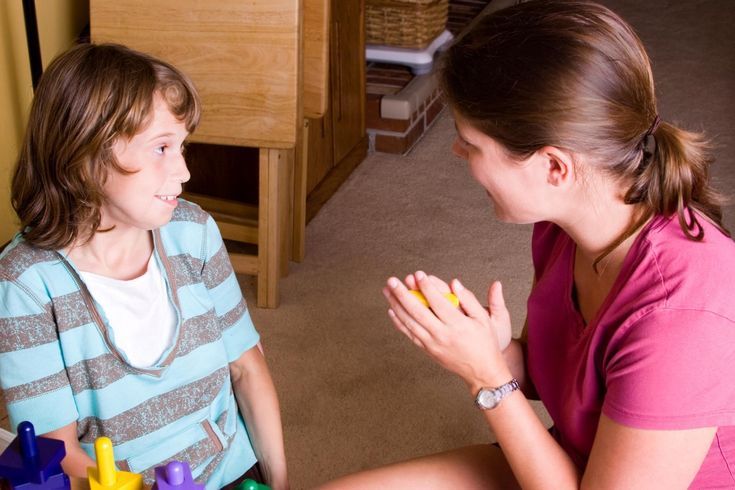 Even psychologists say that raising a full-fledged personality without punitive measures is a utopia. But here's how not to go too far with this, whether it is possible to use physical force or should it be limited solely to verbal censure, I propose to bring it to today's parental court. So how do you punish a child?
Even psychologists say that raising a full-fledged personality without punitive measures is a utopia. But here's how not to go too far with this, whether it is possible to use physical force or should it be limited solely to verbal censure, I propose to bring it to today's parental court. So how do you punish a child?
Lesson Plan:
- 1 Why do we need punishment at all?
- 2 Necessary and sufficient, or how not to go too far?
- 3 We punish according to the “do no harm” principle
Why do we need punishment at all?
Entering the adult world, like a blind kitten, the baby begins to test its strength, stuffing bumps. And how else should he understand what is permissible, and what is absolutely impossible to do? Not realizing the boundaries of what is permitted, children inadvertently violate the rules established by the family, because it is the parents at the initial stage of education that lay the basic principles of morality, condemning bad behavior.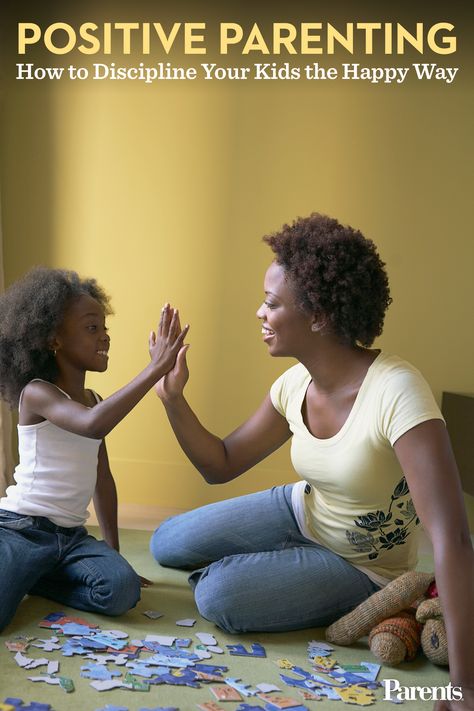
Most often, children test the strength of those mothers and fathers who have a bad habit of changing their minds in the established prohibitions. It is extremely difficult for them to understand why what was allowed yesterday suddenly turned out to be prohibited today, and vice versa. Therefore, by their actions, the children try to guess what day it is today: permissive or not, suddenly they are lucky.
Deprived of attention babies also behave in a rebellious way. It is easier for them to be punished in order to get at least some reaction to their behavior than to put up with the fact that their parents will not pay attention.
Complete permissiveness is not the best friend in education. When a baby is not responsible for his actions and disobedience, and his interests and pleasure cause pain to others, this is not a loudly declared “happy childhood”, but a direct path to selfishness.
So I am inclined to believe that it is still necessary to punish.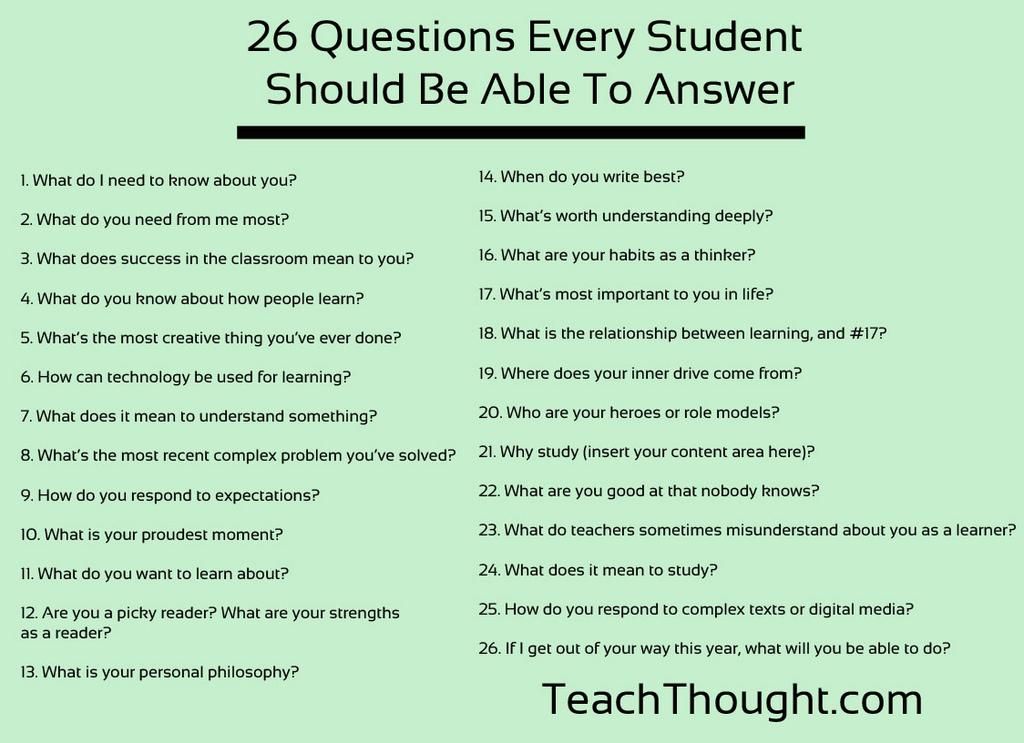 The correct application of disciplinary measures absolutely does not mean psychological abuse, disrespect and ignoring the child as an individual. The goal is not to cause suffering, but to make it clear that the established rules must be observed. This is a way to maintain parental authority and accustom to the inevitability of responsibility.
The correct application of disciplinary measures absolutely does not mean psychological abuse, disrespect and ignoring the child as an individual. The goal is not to cause suffering, but to make it clear that the established rules must be observed. This is a way to maintain parental authority and accustom to the inevitability of responsibility.
Necessary and sufficient, or how not to go too far?
Before any different advice from experts on how to properly apply punishment to a child so as not to harm his psyche, I propose to immediately determine the boundaries of what is permitted for parents.
If you constantly scare a baby with grandmothers-hedgehogs who take away all children for their lies, keep him in a corner until he faints for bad behavior, flog him with a belt for stealing, instead of looking for the reasons for such behavior, an insecure person will live next to you himself, with low self-esteem and a bunch of complexes, trusting no one and feeling unloved and superfluous animal.

- Avoid physical punishment. Whether it is necessary to punish children physically, of course, each parent decides for himself. Usually those adults who were punished in the same way in childhood are inclined to use education with a belt. Only when you take such a "teacher" in your hands, remember: all psychological research loudly shouts that this should not be done. By inflicting pain and using force, you thereby lay a strong belief in the child that this can and should be done to resolve the conflict.
- Avoid food punishment. Denying physiological needs as a disciplinary measure, requiring you to earn lunch or dinner with good behavior, you show the child his dependence on you and gain on hatred.
- Control violent emotions. Whatever clinical state your offspring would bring you to, make it a good habit to count to ten before you say anything. Very often, this is enough to make the emotional outburst subside, and the words become less offensive and loud.
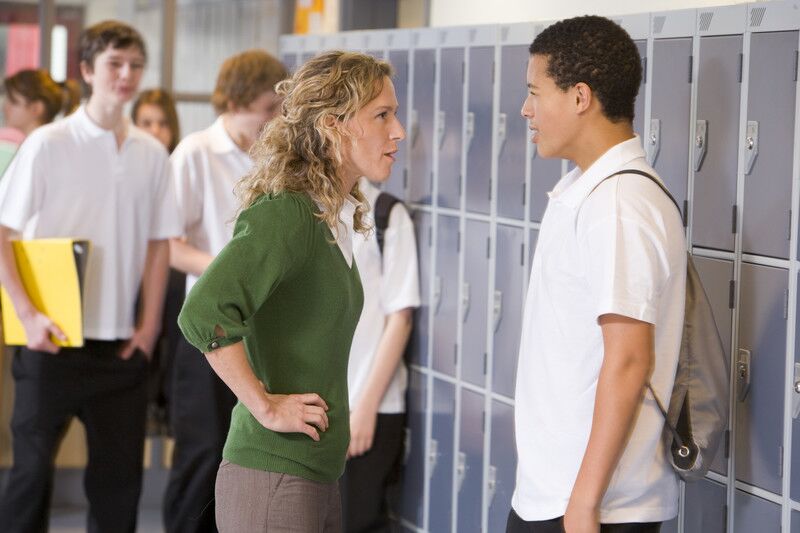
- Do not take away personal belongings. To show that the child has not achieved anything on his own, and he has nothing of his own, is at least cruel. In fact, by your example, you give him the opportunity to do with other people's things what he wants.
- Do not use fantasy threats. Cries that you will give the child to the villains, untidy things will leave him, a babayka comes to naughty children at night and other unrealistic conjectures have an intimidating effect on children, but for a short time, only until they grow up and understand that all this, sorry , nonsense. Realizing that your words are groundless and unfulfillable, the child begins to ignore real promises to take disciplinary measures.
We punish according to the “do no harm” principle
If you see the goal of punishment as helping and correcting mistakes, then you are absolutely on the right track. If the censure is directed not at the act itself, but directly at the child, then the views should be reconsidered.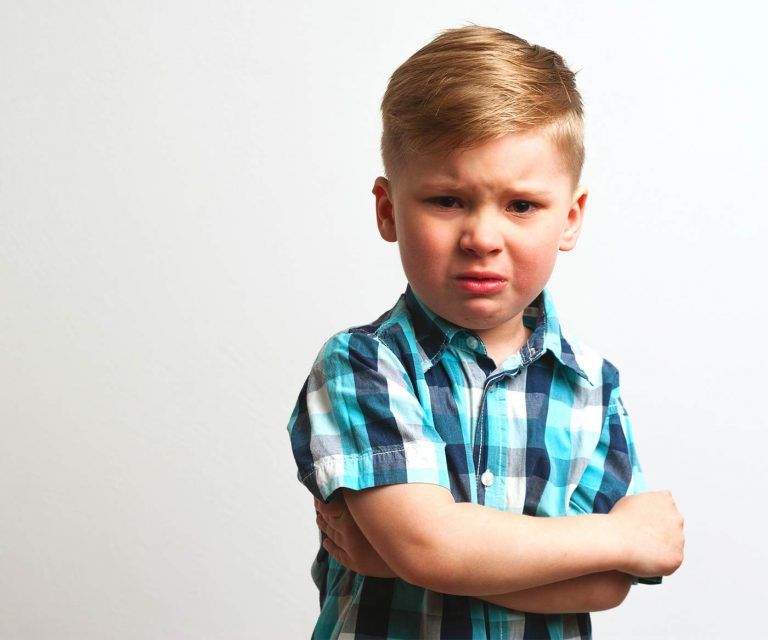 According to the severity of the misconduct, psychologists advise parents to choose appropriate measures.
According to the severity of the misconduct, psychologists advise parents to choose appropriate measures.
- Explanatory work. Sometimes it is enough to issue a reprimand with a detailed analysis of the committed act. Often, in the course of the proceedings, circumstances emerge that extenuate guilt: I wanted to help, but it happened, I was curious, but as a result, I broke it. Start with a detailed interrogation and it may happen that no other measures are needed.
- Arranging a timeout. If in our happy childhood a corner was a place to think about our behavior, then modern science creatively suggests using a chair for five minutes of calming, so as not to injure the child's psyche with the limited space of two closed walls.
- Deprive us of pleasure. It is entertainment, without which, in principle, you can freely do without, and not the necessities of life. I have no doubt that in every family a child can find such a weak spot.
- Occupational therapy.
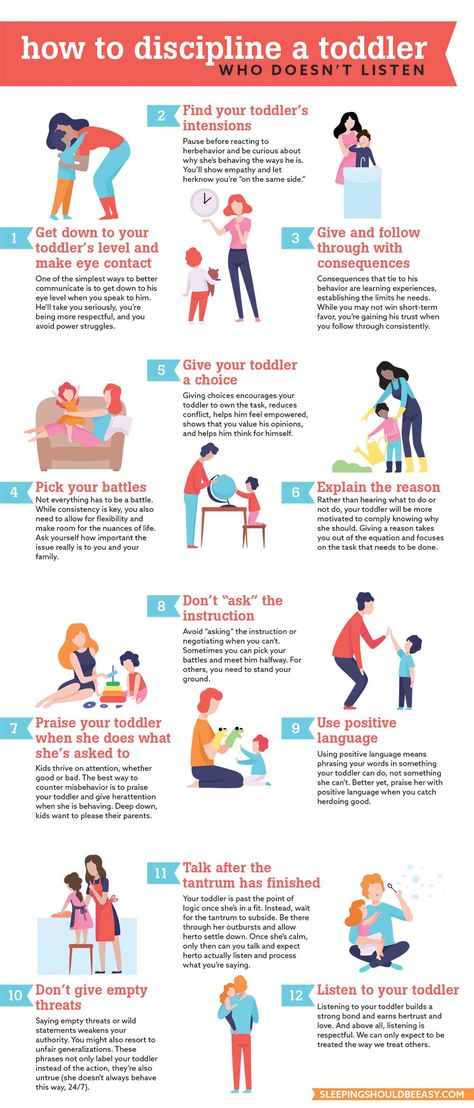 Teach from childhood to correct your mistakes with work. Scattered garbage - clean up after yourself, painted on the wall in the entrance - here is a bucket and a rag, deliberately spoiled someone else's thing - we take it home to fix it or give ours in return. Just do not punish misconduct with homework, which children should do at will, realizing the need to do it, and not in cases of fault.
Teach from childhood to correct your mistakes with work. Scattered garbage - clean up after yourself, painted on the wall in the entrance - here is a bucket and a rag, deliberately spoiled someone else's thing - we take it home to fix it or give ours in return. Just do not punish misconduct with homework, which children should do at will, realizing the need to do it, and not in cases of fault. - We call a fairy tale for help. Where ordinary arguments do not help, for children, especially younger ones, allegories and comparisons are the best fit. After all, everyone wants to be “on horseback” and live in a kingdom, and not suffer alone in a forest hut. This method of correcting behavior is called fairy tale therapy. I also advise you to get acquainted with art therapy, it can help to understand the reasons for a child’s bad behavior and deal with them.
- Ignoring a child. Psychologists allow such behavior of parents in exceptional cases and for a short time. It works, of course, very effectively, but it can cause mental trauma.
